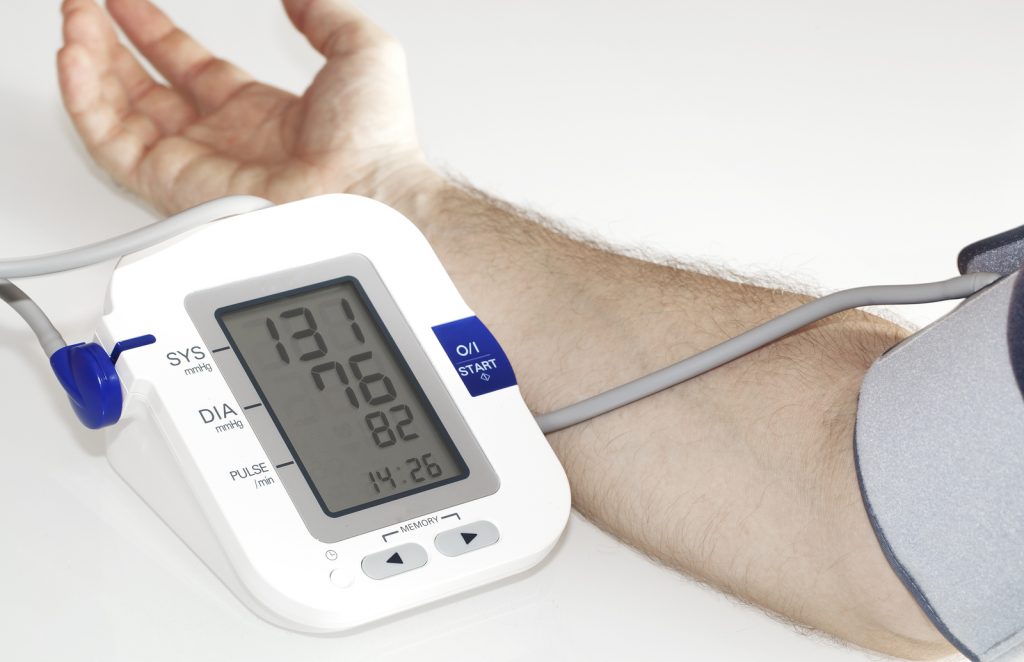Health secretary Matt Hancock has announced that a pilot project could possibly take place this year to see how effective offering high blood pressure tests in pharmacies could potentially be.
It forms part of government plans to ensure that the clinical skills of pharmacists are used more appropriately, while also helping to prevent unnecessary admissions to hospital, Chemist+Druggist reports.
This latest announcement was made by video at the annual Sigma conference in Cebu in the Philippines, with Mr Hancock explaining that it’s hoped the pilot will reduce premature deaths and disability as a result of coronary heart disease.
He went on to emphasise his belief in just what a difference community pharmacy can make, saying: “[I am] absolutely convinced that the community pharmacy can make a much bigger contribution to the health and wellbeing of the nation.”
Towards the end of last year, NHS England confirmed that community pharmacists will soon develop an early detection service to identify anyone who could potentially be walking around with an undiagnosed and high-risk condition, such as high blood pressure. From there, they can then be referred to on for further testing and treatment, if required.
It is not yet clear, however, which pharmacies will pilot this new service and when they’ll start, although a Department of Health representative did tell the news source that NHS Improvement and NHS England are nearly ready to begin.
Figures from the British Heart Foundation show that approximately 50 per cent of heart attacks and strokes are associated with high blood pressure and the majority of people develop the condition because of their lifestyle, diet or a medical concern.
High risk behaviours for blood pressure problems include drinking too much alcohol, smoking, being overweight, not getting enough exercise and eating too much salt.
High blood pressure can also be caused by an abnormal production of hormones from the adrenal glands, known as secondary hypertension. This can also be caused by diabetes, kidney disease and some medication (such as oral contraception).
It seems as though now is the optimum time to consider making use of the skills and experience of pharmacists around the country, given figures from the General Pharmaceutical Council showing that the number of pharmacists who joined the register between October and December 2019 was up 19 per cent year on year.
In addition, the number of pharmacy technicians who either joined or restored their registration in the three months up to December 31st is also higher than the same period in 2018.
However, a downward trend in the number of registrations from pharmacists in the European Economic Area was also identified, with just 23 pharmacists joining the register, down from the 37 in the same period in 2018.
For help with blood pressure monitor testing, get in touch with us today.

